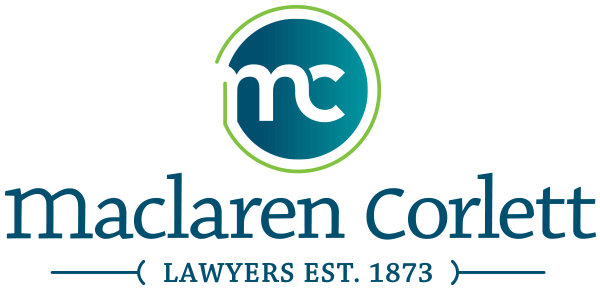Estate Planning – What happens to your pets when you’re gone?

One of the questions I am asked more and more frequently in my estates practice is how to handle pets that may be left behind when a client dies. Some people may not think about it when they are arranging their affairs, and some may dismiss it altogether; but for many clients their pets are their companions and part of the family. For some, ensuring their pets are properly looked after is a much more concerning issue than the disposition of many of their other assets.
Legally, pets have traditionally been treated as property. This means that unless they are specifically dealt with under a Will, they form part of the “residue” of the estate and are to be distributed in the manner set out for that part of the estate. This means that a pet could end up being given to someone you never would have picked or, if none of the beneficiaries of the residue of the estate want to take the animal, it could be given to a shelter.
So…what are your options? Because an animal is property it cannot be named directly as a beneficiary, nor can it be named directly as the beneficiary of a trust. It is possible to set a charitable purpose trust, or a personal trust that names the animal’s caregiver as the beneficiary, with the trustee of the trust given discretionary power to distribute the trust funds to the beneficiary as required. In this case, after the animal dies, the remainder of the funds (if any) could be used to benefit a named charitable organization (in the case of a charitable purpose trust) or the funds would be divided amongst identified residuary beneficiaries of the trust (in the case of personal trust).
Or, a simpler option: give some thought to who you want to take your pets (and make sure that they agree!). Consider having instructions in your Will that a certain person undertake the care, maintenance and welfare of the pet. If you are going to do that it may be appropriate that they also be given a certain amount of money to cover the cost of taking care of the animal.
Another potential option would be to speak with a trusted friend or vet and make arrangements for them to find a home for the animal. Again, the specifics of how this would work and what estate funds may be used to defray expenses needs to be thought through and drafted carefully into your Will.
Most importantly, no matter what option you choose, make sure that your lawyer is fully aware of your intentions and discuss with them the various options available for you to give effect to those intentions.
Finally, it is interesting to note that a Bill was introduced in Quebec last fall that, if passed, would define animals as “sentient beings” and not property. Similar legislation has already been passed in some other countries, and if the Bill is passed in Quebec that may open the door to other provinces passing similar legislation. Should this happen, the issue of how to ensure that your estate plan addresses your pet’s care may take on even more importance”– not just emotionally, but legally as well.




